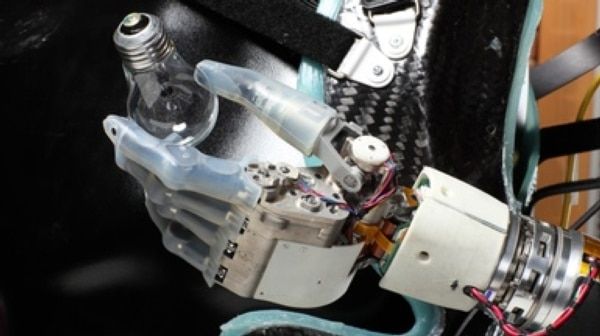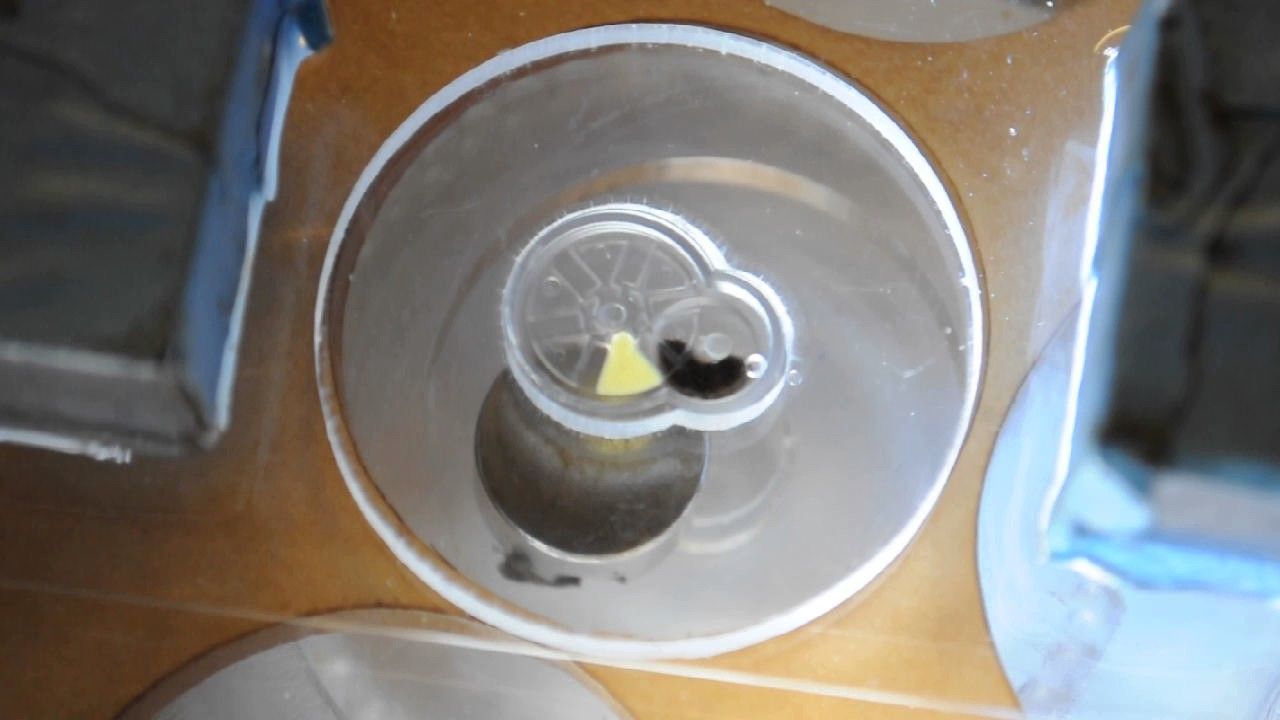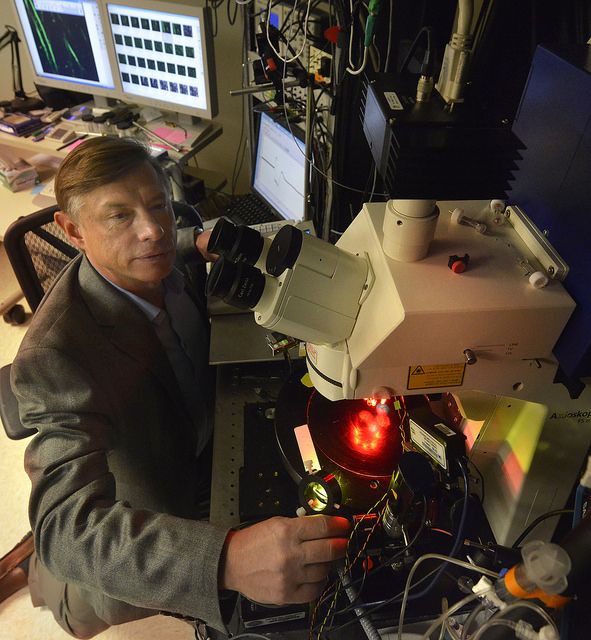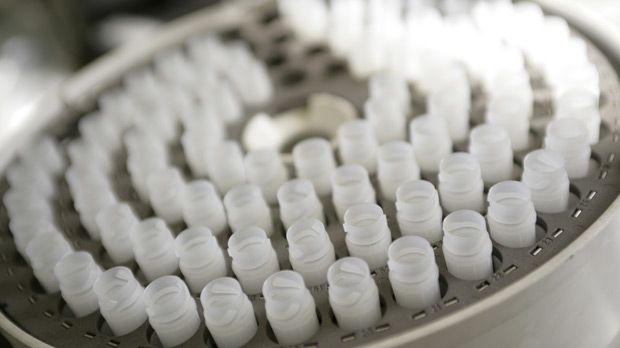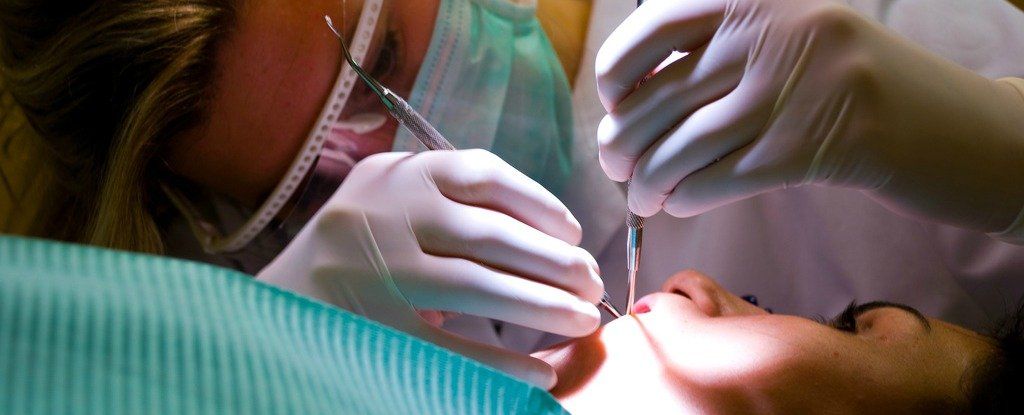Jan 10, 2017
Synthetic gene circuits: Insulin self-regulation
Posted by Karen Hurst in categories: biotech/medical, innovation
Nice breakthrough.
A self-adjusting synthetic gene circuit senses and reverses insulin resistance in animal models of diabetes and obesity.
People with type 2 diabetes — an obesity-associated disease that is a major cause of morbidity and mortality worldwide — develop insulin resistance. The condition can be counteracted by adiponectin, a cytokine secreted by adipocytes that promotes insulin sensitivity and regulates glucose metabolism via the receptors AdipoR1 and AdipoR2 (ref.). In fact, by mimicking adiponectin, the AdipoR-activating small molecule AdipoRon improves glucose and lipid metabolism in mice. Owing to the capacity of adipocytes to regulate insulin and glucose pathways, considerable efforts have been devoted to taking advantage of adiponectin for clinical applications. Writing in Nature Biomedical Engineering, Martin Fussenegger and colleagues demonstrate the therapeutic benefits of a self-adjusting synthetic gene circuit designed to sense and reverse insulin resistance in animal models of diabetes and obesity.




